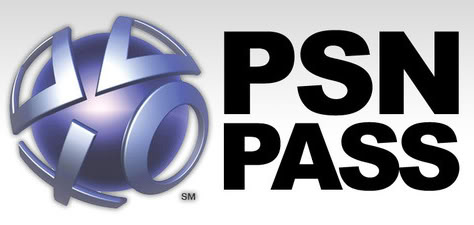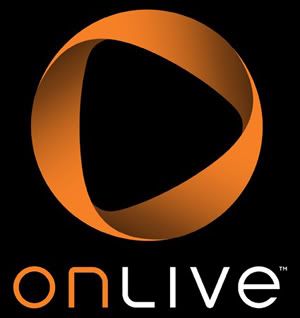This post has not been edited by the GamesBeat staff. Opinions by GamesBeat community writers do not necessarily reflect those of the staff.
The industry feels contempt for the average consumer. And why not?
We like buying used. We prefer to own what we purchase. Worst of all, we don't feel obligated to support the industry. And this drives them batty.
The industry has declared war on consumer rights. Their missiles — always-on DRM, online passes, digital distribution — run the gamut. But the intent is the same: to kill the secondary market, destroy the notion of ownership, and control all means of distribution.

Publishers are attacking fundamental consumer rights. And we’re apathetic. We're lazy. Digital distribution is easier than a trip to GameStop, so we wave the white flag. Like hypocritical Star Wars fans, we bitch and moan about anti-consumer activities but enrich the publishers' coffers anyway. This has to stop.
When gamers say one thing ("Online passes suck!") but do another ("Here’s your $60, sir"), the message is crystal clear: You can shit all over us, and we’ll pay you for the privilege.
Publishers despise the secondary market. Used games represent "one of the number one problems [sic] right now in the industry," said Quantic Dream cofounder, Guillaume de Fondaumiere. "On my small level, it's a million people playing my game without giving me one cent."
They don’t get it. They’re not entitled to one cent beyond the original sale. But publishers can’t change the law (as much as they'd like to). So they resort to extreme measures — online passes, digital distribution, angry rants — to circumvent the first-sale doctrine.
Online passes punish those who buy used. Digital distribution is stealthier: If brick-and-mortar shops disappear along with physical media, then the secondary market cannot exist (at that point, "used-game sales" really are equivalent to piracy). Gamers lose out in the end.
From a consumer standpoint, I see no gain. Convenience is a poor swap for the forfeiture of property rights. And I don't buy the reduced overhead crap.
According to THQ CEO Brian Farrell, all-digital game distribution "will result in a lower cost for the hardware manufacturer, which will result in a lower cost to consumers and therefore a lower entry point."
Based on what evidence, Mr. Farrell? Steam, OnLive, X-Box Live, and PSN charge full retail prices. Where's the savings? In Steam's case, prices can exceed retail.
 Digital distribution assails the most fundamental of consumer rights: What's mine is mine. With OnLive, it’s more like what's mine is mine…temporarily. That’s right: You can purchase a physical copy of Deus Ex: Human Revolution for $49.99, or pay the same amount to OnLive for an extended rental.
Digital distribution assails the most fundamental of consumer rights: What's mine is mine. With OnLive, it’s more like what's mine is mine…temporarily. That’s right: You can purchase a physical copy of Deus Ex: Human Revolution for $49.99, or pay the same amount to OnLive for an extended rental.
E-readers tread a similar path. Nowadays, e-books cost as much, or more, than their physical brethren. We pay for the "convenience" of downloading books instantly. Publishers are the only real benefactors; the reduced overhead never trickles down to the consumer. Why should games be any different?
Here's the skinny: My prerogative as a consumer is to attain the best value for my money. All factors — price, perceived value, and the qualitative difference between new and pre-owned — must be taken into consideration. I feel no qualms about buying used games, nor do I feel obligated to support the industry. As far as I’m concerned, altruism plays no part in consumer behavior. The relationship between publisher and gamer begins and ends when money changes hands.
Publishers are overstepping their bounds. They treat their customers like thieves, and expect a warm and fuzzy rapport. The industry's soupe du jour, always-on DRM requirements, is but the latest overzealous anti-piracy measure. What does it accomplish? As night follows day, the hacking community will crack anything they deem obtrusive or costly. The rest of us suffer.
The free markets operate under the sacrosanct principle of choice and competition. Publishers are trying to close that loop. Piracy is a legitimate problem, so gamers must foot the bill and deal with the repercussions. And we're letting it happen.
Every time we reward companies for their oppressive DRM schemes, we embolden them. We sanction their anti-consumer activities.
George Lucas has been mucking with Star Wars since time immemorial. But the same angry nerds who bitch about Greedo shooting first buy the movies despite themselves. As gamers, we cannot allow ourselves to fall into this same pattern of self-immolation.
Publishers must be held accountable. We mustn't sacrifice property rights at the altar of convenience. If DRM irks you, don’t buy the game in question. Exercise a smidgen of restraint. Otherwise, our opinions are meaningless: The industry enjoys total impunity while it runs roughshod over consumer rights.


